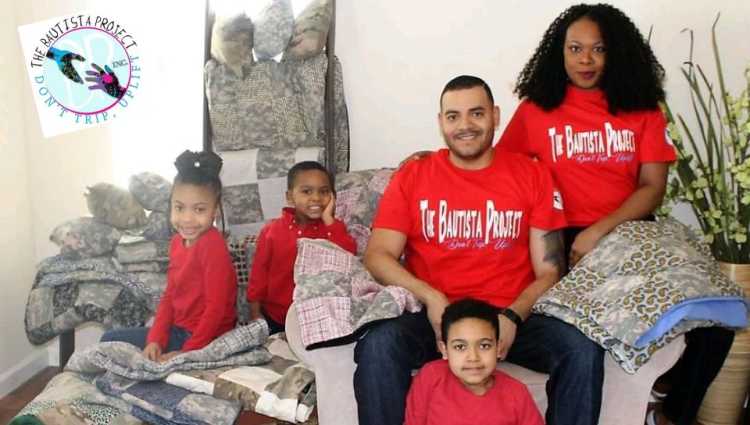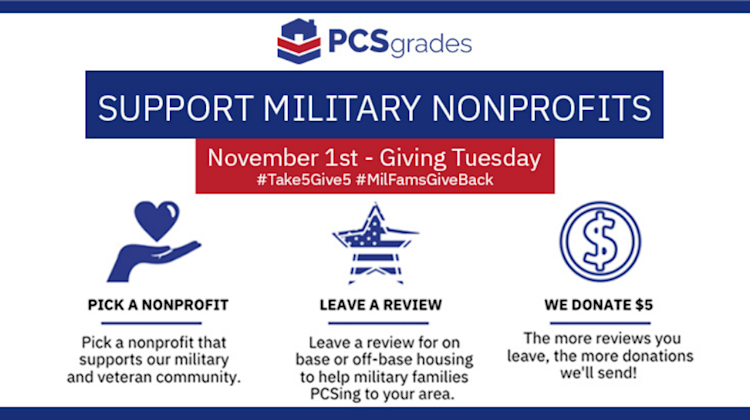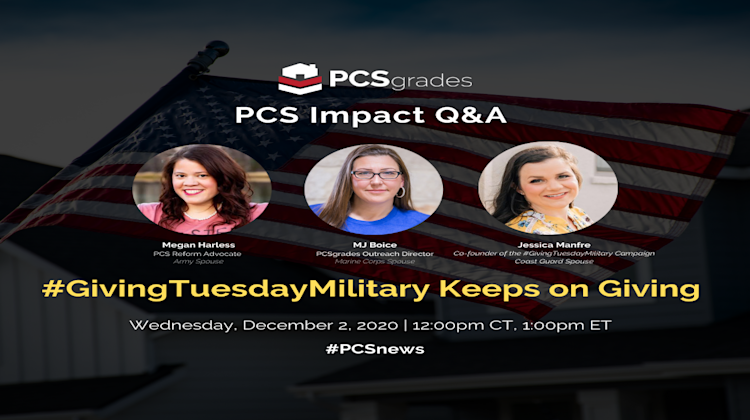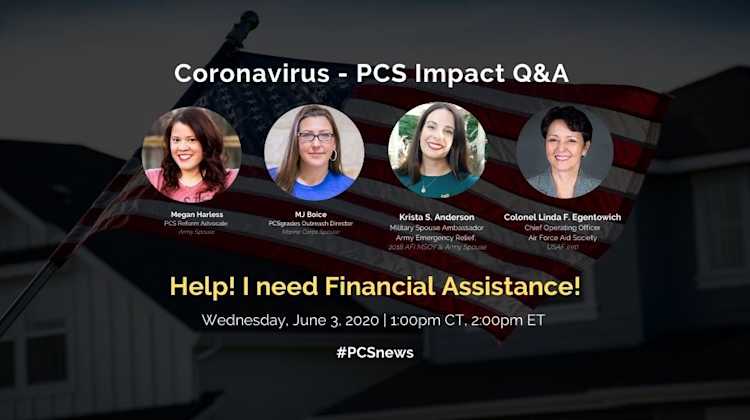How One Military Spouse Continues to Support the Homeless Community
by PCSgrades Staff - September 9th, 2021

Military spouses have an unparalleled passion to help each other out. Spouses are making a difference in many ways, from starting companies to hiring other spouses and making sure families are fed. Army spouse Marla Bautista’s passion is helping the homeless community. She has this passion because she was once a part of that community.
Bautista says, “Both my biological parents passed away before I was 10 years old, so I was left with a relative who abused me until I was 18 years old and then put me out on the street. While homeless, I slept on the streets, couch surfed, and sometimes got an apartment when I had a job.”
While she was homeless, Bautista remembered the biggest impact came from the local Catholic church.
“Older people who went to the church would hand out little hygiene kits, and it always made me feel so good. We take little things like deodorant for granted. But the best part was, those people never wanted anything from me. I knew that if I ever overcame homelessness, I would give back in that way.”
From homeless teen to milspouse to homeless advocate
She later founded the Bautista Project Inc to build relationships and make a positive impact in the homeless community. The charity “provides basic living essentials, educational resources, support groups, and other necessary resources to assist homeless community members with reintegration.”
Bautista believes the only solution to homelessness is to care for the overall needs of each homeless person, on an individual basis.
“Simply providing food won’t end homelessness. The priority is the physical and mental well-being of homeless community members because without that they can’t remain stable to hold a job or maintain a house.”
The Bautista Project Inc programs aim to make a true difference in the local community to help end the cycle of homelessness.
This milspouse charity serves the homeless near any duty station
Adding another twist, Bautista’s husband is in the Army, and their family usually moves every two to three years. Each time they move, she re-establishes the charity in the new city and starts making connections in her local community.
“We started doing this when we were stationed in Germany, and later Colorado, New York, and now here in Tampa,” says Bautista. Each time, they establish similar programs to help the homeless.
“We have a program called You Belong which is our academic program to teach basic life skills like home repair and maintenance, financial literacy, and things that we assume people know–filling out a FAFSA, doing taxes, balancing a checkbook. I was never taught that in Home Economics at school. Housing is often the big push, but they need the skills, mental capacity, and financial literacy to maintain the home. We provide individualized services, intake them as clients, and work on what each individual needs.”
“For the youth, we have a program called Belonging Blankets, made from military uniforms. We collect them from all services and cut them up to recycle them, instead of them being thrown away. We take those uniforms and make blankets and pillows out of them and take them to foster homes for at-risk youth. We want to empower them with stories of bravery and courage for the youth.”
Ending homelessness is possible
Bautista’s passion is rooted in her experience of being homeless as a teen. But every day she is fueled by her strong belief that ending homelessness is possible. The organization’s motto is “Don’t Trip, Uplift.” She challenges people to take the time to talk to homeless individuals and get to know their stories.
That’s why the Bautista Project goes beyond simple meal distribution or handing out socks. They do those things to meet basic needs, but they also take the time to form individual relationships, encourage homeless community members, and tailor assistance that will make a meaningful difference in someone’s life. Providing bus vouchers, for example, may save someone from walking miles to get to a doctor or to find their next meal. The Bautista Project also hands out pre-stamped envelopes with blank paper so homeless individuals can communicate with family members who need to hear from them.







